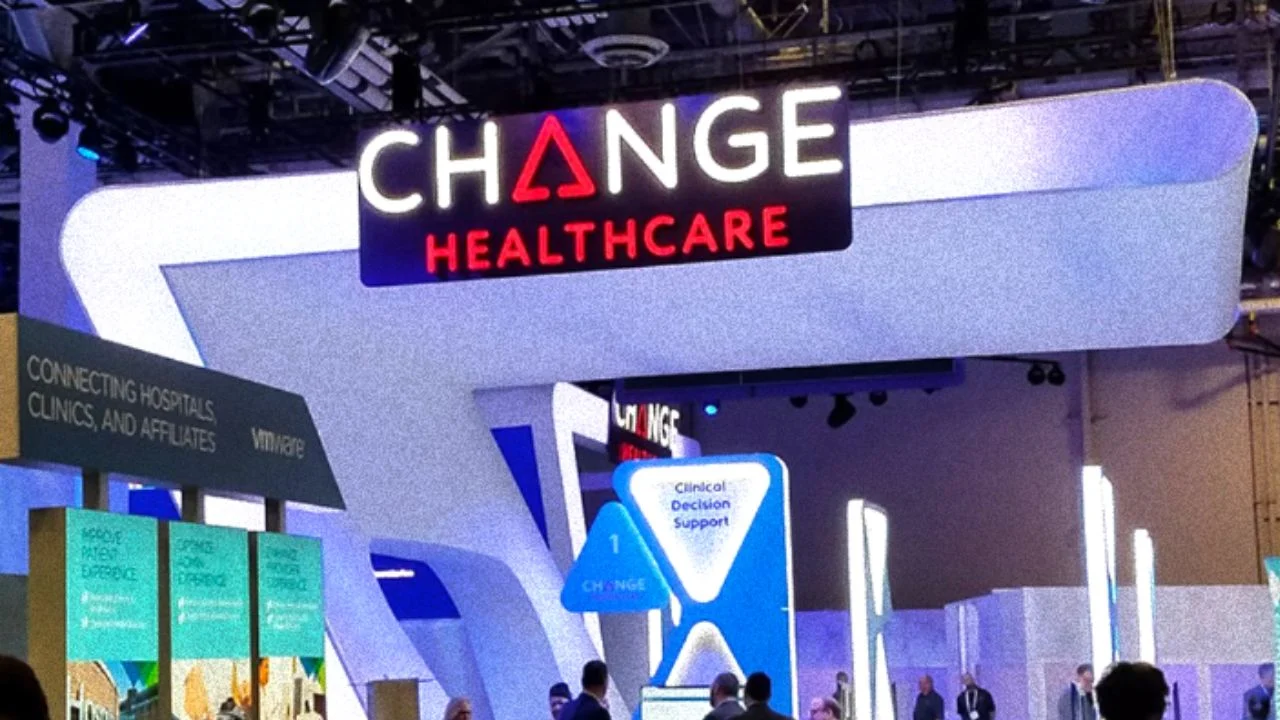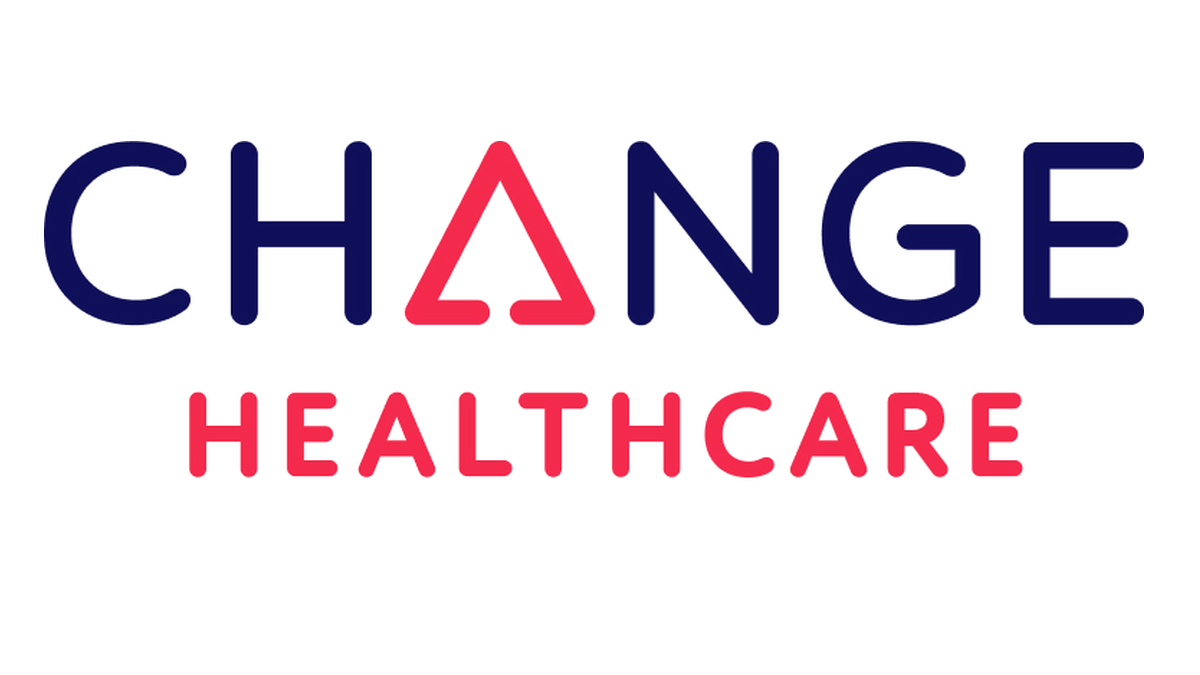In a recent Senate Finance Committee hearing, Andrew Witty, CEO of UnitedHealth Group, provided detailed testimony on the cascading effects of the Change Healthcare ransomware attack. This cyber onslaught not only disrupted the operations of one of the largest prescription and insurance claims processors in the U.S. but also raised alarm over the potential theft of veterans’ private health data.

Cybersecurity Under Scrutiny: The Attack and Its Immediate Repercussions
Earlier this year, Change Healthcare became the victim of a sophisticated ransomware attack attributed to the notorious transnational hacking group known as BlackCat/ALPHV. The cybercriminals reportedly managed to extract six terabytes of patient data, throwing the healthcare sector into chaos and forcing pharmacies, including those serving the military and Veterans Affairs (VA), to revert to manual operations.
https://t.co/oAo4SCZ9rW This is the testimony of the United Health CEO regarding the Change Healthcare cyberattack. The testimony will be provided in person on May 1, 2024. I would differ from his account in the following:
1. He reports that Optum is a distinct and…— Real Doc Speaks (@realdocspeaks) April 30, 2024
Andrew Witty revealed in his congressional testimony that the breach occurred via a server that lacked multifactor authentication—a basic but crucial security measure. The breach has led to an ongoing and complex data review, with UnitedHealth indicating that it might take several months to fully understand the scope of the exposure, which could potentially affect one-third of Americans.
Congressional Oversight and Demands for Transparency
The severity of the breach has prompted serious scrutiny from various quarters, including the House Veterans Affairs Committee. Chairman Mike Bost, R-Ill., in a pointed letter to Andrew Witty, expressed frustration over UnitedHealth’s lack of cooperation with the VA. He demanded immediate clarity on whether any veterans’ information was compromised and criticized the subsidiary’s decision to delay the release of impact attestations.

Chairman Bost’s demands underscore a growing impatience among lawmakers as they grapple with the broader implications of such cyberattacks on national security and the privacy of individuals, particularly vulnerable veterans. The VA, led by Secretary Denis McDonough, has also taken proactive steps by reaching out to approximately 15 million veterans and family members to advise on protective measures against potential identity theft and fraud.
The Long Road to Normalcy and Protection Measures
It was not until April that operations at military pharmacies were reported to have normalized, a significant delay that highlights the deep impact of the attack on essential services. In response to these ongoing threats, UnitedHealth has extended an offer of two years of free credit monitoring services to those potentially affected, aiming to mitigate the risks of personal information misuse.

Analysis and Future Steps
This incident is a stark reminder of the persistent vulnerabilities in the healthcare sector’s cybersecurity frameworks and the sophisticated nature of modern cyber threats. It also highlights the critical need for enhanced security protocols, including the universal adoption of multifactor authentication and more robust cooperation between private entities and government agencies.
As the data review continues and the healthcare community braces for potential fallout, the focus must remain on tightening security measures and ensuring rapid response strategies are in place to protect the sensitive information of all Americans, especially those who have served the nation.


